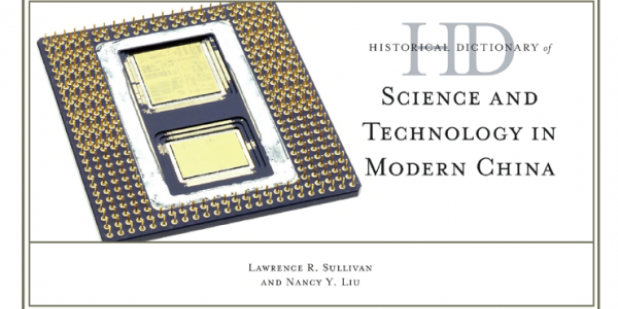Join us for a free one-day workshop for educators at the Japanese American National Museum, hosted by the USC U.S.-China Institute and the National Consortium for Teaching about Asia. This workshop will include a guided tour of the beloved exhibition Common Ground: The Heart of Community, slated to close permanently in January 2025. Following the tour, learn strategies for engaging students in the primary source artifacts, images, and documents found in JANM’s vast collection and discover classroom-ready resources to support teaching and learning about the Japanese American experience.
Science and Technology in the U.S. and China
Discussion of science and technology, similarities and differences, both in the U.S. and China.
Where

For nearly 200 years, China has looked to the west as the source of the most modern and cutting-edge technologies. From the Self-Strengthening Movement in the 19th century to the 13th Five-Year Plan (2016-2020) and Made in China 2025, Chinese leaders have consistently sought to foster homegrown technologies and scientific discovery that can compete on a global stage. In 2015, Dr. Tu Youyou became China’s first Nobel Laureate in science after her breakthrough in malaria treatments that has saved millions of lives. Yet at the same time, China is plagued by numerous technological challenges; from the lackluster performance of its chipmakers to protecting air quality, it still lags behind the industrialized west. How has China’s uneven emergence as a technological player shaped the Sino-American relationship? Nancy Liu and Lawrence Sullivan, the authors of the Historical Dictionary of Science and Technology in Modern China, will address this question in a discussion with the National Committee on November 8, 2017.
Nancy Liu is the recipient of a Ph.D. in molecular and cellular pharmacology from Stony Brook State University. She is a cancer research scientist on the faculty of the College of Staten Island in the Department of Biology and the medical technology program. She previously worked at Cold Spring Harbor Laboratory and the Zuckerman Research Center, Memorial Sloan Kettering. A graduate in British Literature from the Foreign Language University in Beijing, Dr. Liu has co-translated several books on China including China’s Water Crisis by Ma Jun and The River Dragon Has Come! by Dai Qing.
With a Ph.D. in political science from the University of Michigan where he studied with Professors Richard Solomon, Michel Oksenberg, and Harriet Mills, Lawrence R. Sullivan is an emeritus professor, Adelphi University. He also taught at Wellesley College, Brown University, Miami University, Ohio, and the University of Michigan. He is the author of Leadership and Authority in China, 1895-1976, and the forthcoming Historical Dictionary of the Chinese Economy. He has also co-edited and co-translated many books on China, including Zhou Enlai: The Last Perfect Revolutionary by Gao Wenqian and works of Chinese economists He Qinglian and Wu Jinglian.
Featured Articles
Please join us for the Grad Mixer! Hosted by USC Annenberg Office of International Affairs, Enjoy food, drink and conversation with fellow students across USC Annenberg. Graduate students from any field are welcome to join, so it is a great opportunity to meet fellow students with IR/foreign policy-related research topics and interests.
RSVP link: https://forms.gle/1zer188RE9dCS6Ho6
Events
Hosted by USC Annenberg Office of International Affairs, enjoy food, drink and conversation with fellow international students.
Join us for an in-person conversation on Thursday, November 7th at 4pm with author David M. Lampton as he discusses his new book, Living U.S.-China Relations: From Cold War to Cold War. The book examines the history of U.S.-China relations across eight U.S. presidential administrations.




